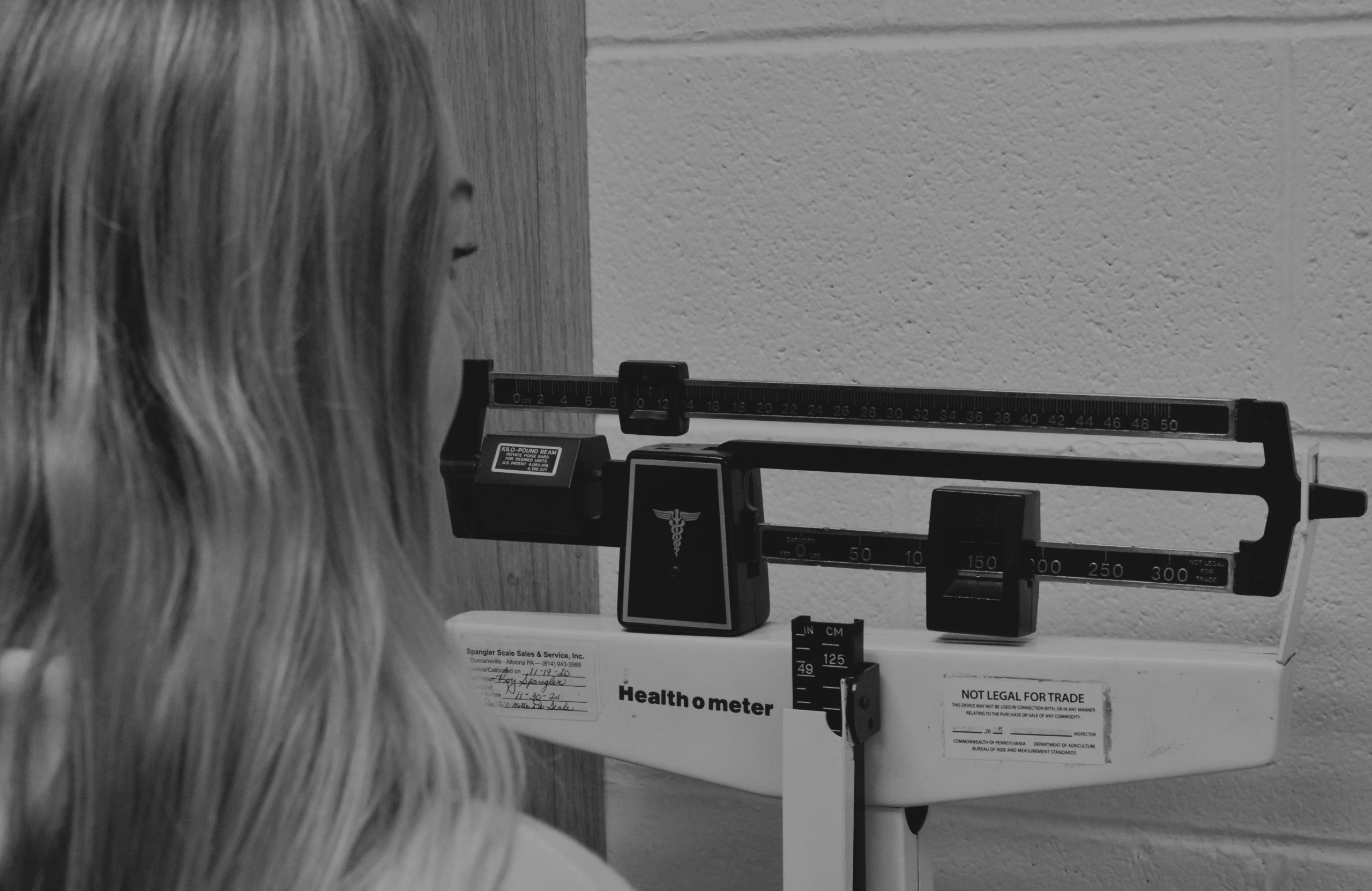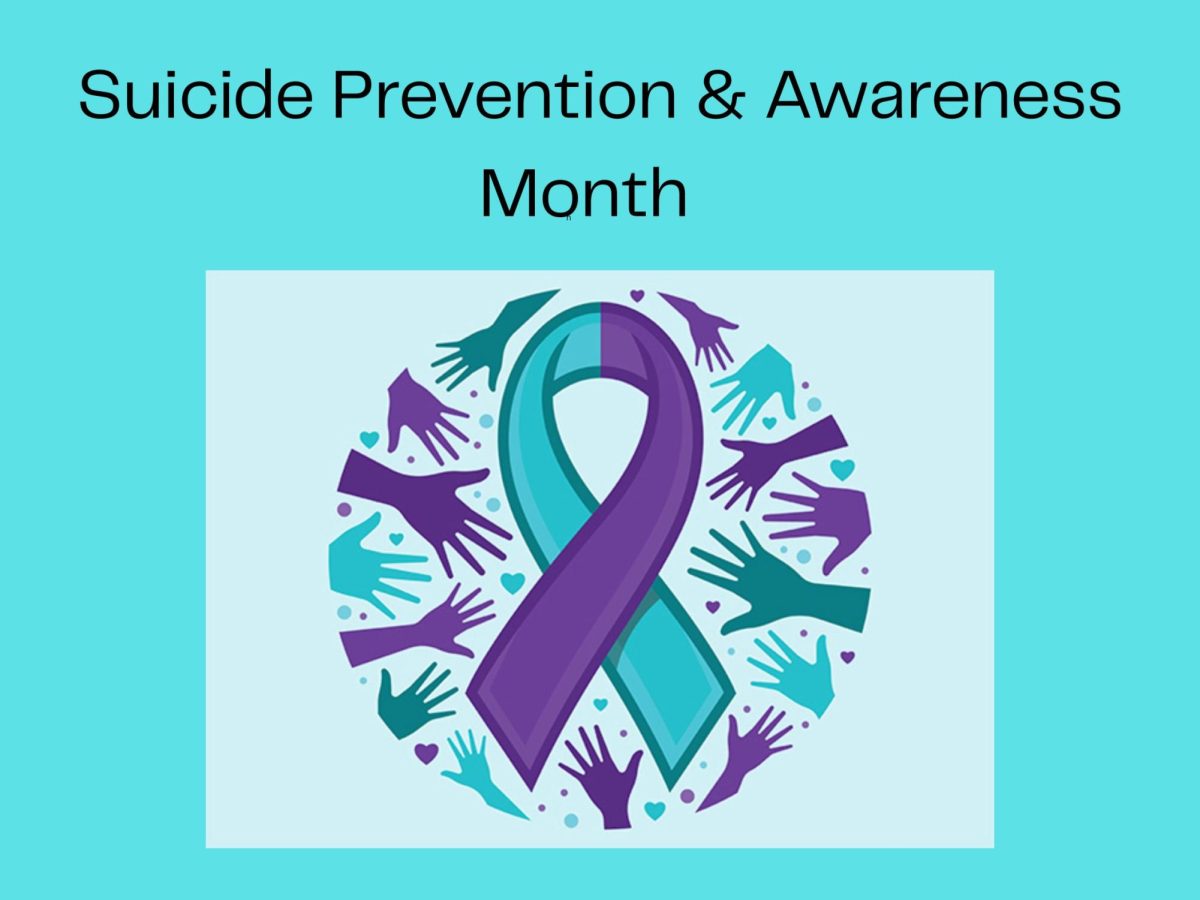Trigger warning: mentions of weight, disordered eating, and body dysmorphia.
For high school students nearing the end of their senior year, there are a multitude of stressors that can make the transition to college all the more stressful. Wrapping up classes, saying goodbye to lifelong friends, and leaving behind the day-to-day of a high schooler can all be intense and unnerving, to say the least. You would think that the weight of preparing for their first year of college would be the most influential on young people.
If only we could be so lucky; instead, we get pestered about the “Freshman 15,” a weight that the media makes the scariest of them all.
In a society that nitpicks every factor of the human body, it has become quite common for college-aged individuals to be painstakingly lectured about the “Freshman 15.” This demonized term is used to describe an apparent fifteen-pound weight gain that all college newcomers will experience, if not careful.
These two little words have been attached to the back-to-school season for decades now, targeting already-overwhelmed college freshmen as they make the switch to university studies. The concept of the freshman 15 claims to promote health awareness among students when making such drastic changes in their lives.
The media is nothing if not deceptive, however. Though this concept may seem harmless to some, the Freshman 15 poses a highly stigmatized misconception that can be quite detrimental to both the physical and mental health of college admits.
It is no surprise that the world is an inherently critical place, especially when it comes to the human body. Opening any social media platform, magazine, or television guide, it’s neraly impossible to avoid the newest diet fad or weight loss supplement. Apps like Instagram and TikTok are breeding grounds for exposing viewers to harmful calorie deficits, “healthy lifestyle” influencers, and workouts that falsely promise fast results. The ideology and romanticism of thinness within our modern world are indisputable, and marketers feed off of it like vultures.
Unfortunately, the myth of the Freshman 15 is the perfect scheme for filling the pockets of big business. Companies thrive off of the insecurities of young, impressionable individuals, allowing for mass hysteria surrounding a completely unrealistic concept. Dangerous actions often follow this kind of dramatic misconception, with the health impacts on students sadly being no exception.
According to an estimate by the National Eating Disorders Association (NEDA), 10 to 20 percent of women and four to 10 percent of men who attend college suffer from an eating disorder. This organization also highlights that most eating disorders develop between the ages of 18 and 21, the typical college age. Channeling the constant anxiety and stress of getting secondary education through food restriction, unhealthy body weight management, and over-exercise is on a severe rise among students at this level, a problem only worsened by the misinformation of a fifteen-pound weight gain being shoved in their faces.
Despite the doomsday-esc publicity that the media gives to the freshman 15, the truth of this buzz phrase boils down to one key point: the rumors, typically, are not true.
See, though our culture has marketed so vastly on the freshman 15, statistics show that it is largely a myth. Numerous studies, including one conducted by the National Library of Medicine, have concluded that there is very limited evidence to support the belief that freshman inevitably gains anywhere near 15 lbs in their first year of college.
Instead, researchers observed that only about half of their subject students gained any weight at all, with a separate 15% of subjects reporting weight loss.
Of the roughly 50% of students who did gain weight, the statistics show that the average gain was nowhere near 15 lbs, but actually a mere 2.7 lbs. These records show a distinct overestimation of the normal weight change that college freshmen experience, highlighting a deeply rooted issue within our society’s continued urge for weight loss and unhealthy nutrition and exercise habits.
The stigma surrounding the ridiculous myth of the freshman 15 can be so painfully damaging to the self-esteem and health of college newcomers.
Not only are the bodies and minds of students going through so many natural changes during this time, but they are too commonly clouded with the harmful misinformation of a deeply fatphobic and overly critical world. The already existing stress of college should not be increased by these preposterous rumors– students deserve the nourishment, happiness, and novelty of the college experience sans the battle of problematic body image practices.


















